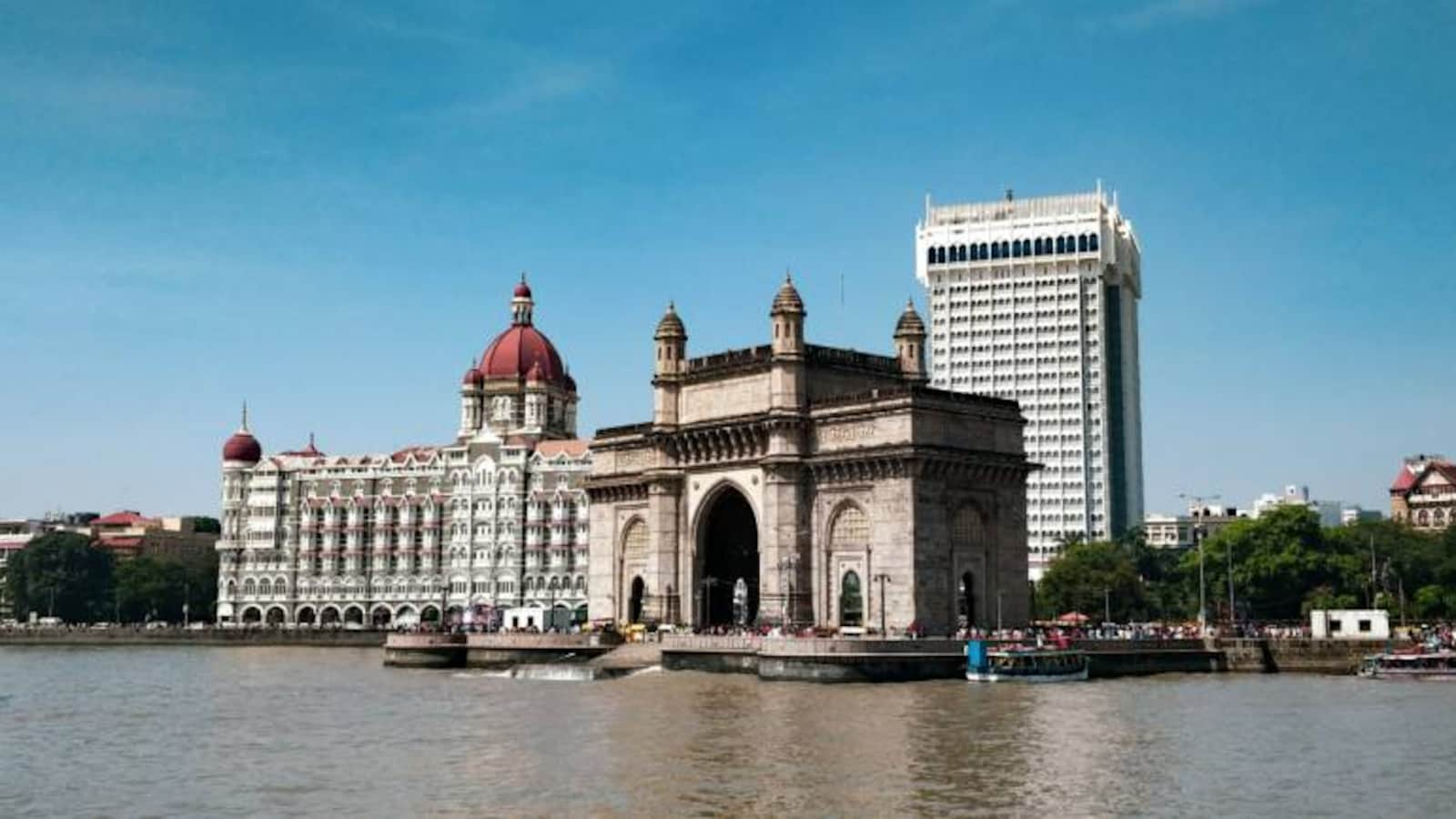Why Mumbai is called the financial capital of India?
Antilia, Mukesh Ambani’s 27-story skyscraper is cited as the world’s most expensive house, valued at almost $1 billion. Mumbai is a desirable city because of its alluring beauty, captivating lifestyle, and scintillating gushing seashores, which make it a powerhouse for the nation. Not to mention the age-old practice of making money, which of course attracted innovations. Did you also know? Mumbai, once known as Bombay, was home to India’s first passenger train, first five-star hotel, and even the first filmmakers!
Major Industries are Here
Mumbai’s prosperity up until the 1970s was mostly dependent on its seaports and textile factories, but the economy has since greatly diversified. The manufacture of gems and jewelry, healthcare, and the rapidly expanding Information technology (IT) industry are currently among the important industries. Along with the corporations previously stated, Mumbai is home to several of the Fortune Global 500 firms, ranking it as the sixth most populous city in the world and one of the costliest in India.
The city of seven islands has housed the big (business) sharks of the nation since the start of industrialization, including the East India Company, Larsen and Toubro, SBI, LIC, and Tata Group. And how is it that we fail to remember one of the most lucrative sectors of all time? The Bollywood industry is centered in Mumbai, drawing thousands of immigrants from throughout the world.
Watch full video :
Today Mumbai, the financial, commercial, and entertainment capital of India, alone contributes more than 5% to the total GDP and 25% to industrial production. With a population of around 12.5 million, it is the second most populous city in the country after Delhi. But apart from that, there are many other reasons why Mumbai is India’s current financial capital. Let’s take a look at them.
BSE & NSE – Main Stock Exchange in India
All nationwide trading that takes place goes through the Bombay Stock Exchange (BSE) and the National Stock Exchange (NSE), both of which are located in the Mumbai metropolitan region. Thousands of stocks are traded every day from 9:15 am to 3:30 pm. The decades-old equity markets have witnessed every phase of the Indian stock market, from the bubonic plague of 1896 to the financial crises of 2008 and now, to the recent coronavirus pandemic of 2020.
Some areas such as Dalaal Street, Nariman Point, and the Bandra Kurla complex are the main financial centers of the city. Bombarded with corporate headquarters of financial companies, banks, and corporate corporations, What they would be like is only imaginable! You may also be interested in learning more about the History of the Stock Market.
Mumbai is the hub of economic activity and the land of the bodies that watch over the entire industry. The Reserve Bank of India oversees and regulates the entire banking industry, from note printing to guaranteeing moral business practices. Additionally, it has a significant impact on how government policies and plans are developed.
On the other hand, SEBI, or the Securities and Exchange Board of India, is primarily focused on the rules governing the commodities and securities markets in India. Simply expressed, it prioritizes the interests of investors over those of all financial intermediaries. It is recognized as the financial industry’s watchdog.
Also read: Top 10 best cities to live in the world
Above all, Mumbai has consistently displayed a helpful attitude. It has suffered greatly as a result of terrorist acts and natural disasters, yet despite these hardships, it has never shied away from lending a hand. One of world’s most helpful cities is Mumbai.
Subscribe our channel for interesting videos, news, tech and so on ! Thanks





Your article helped me a lot, is there any more related content? Thanks!